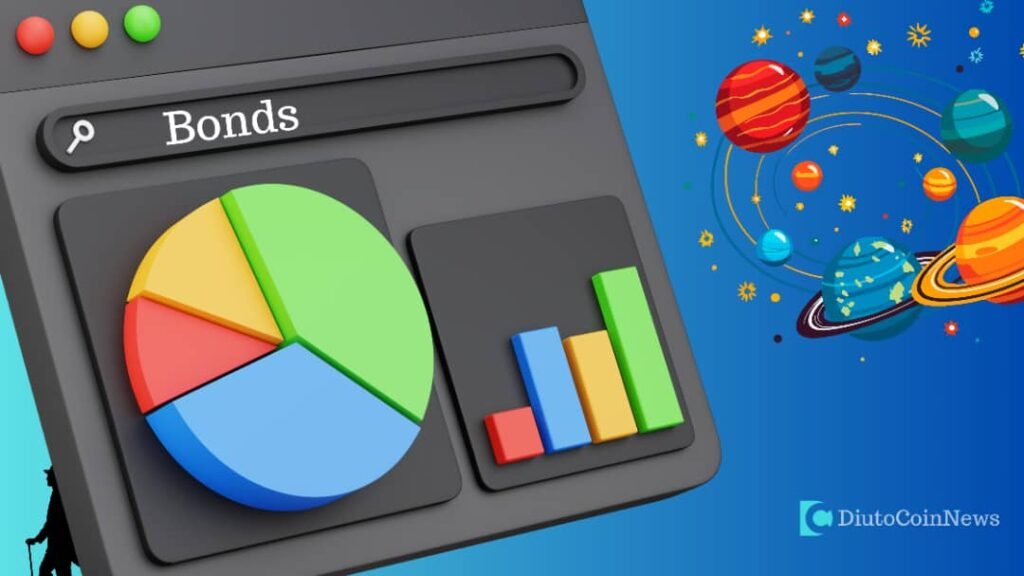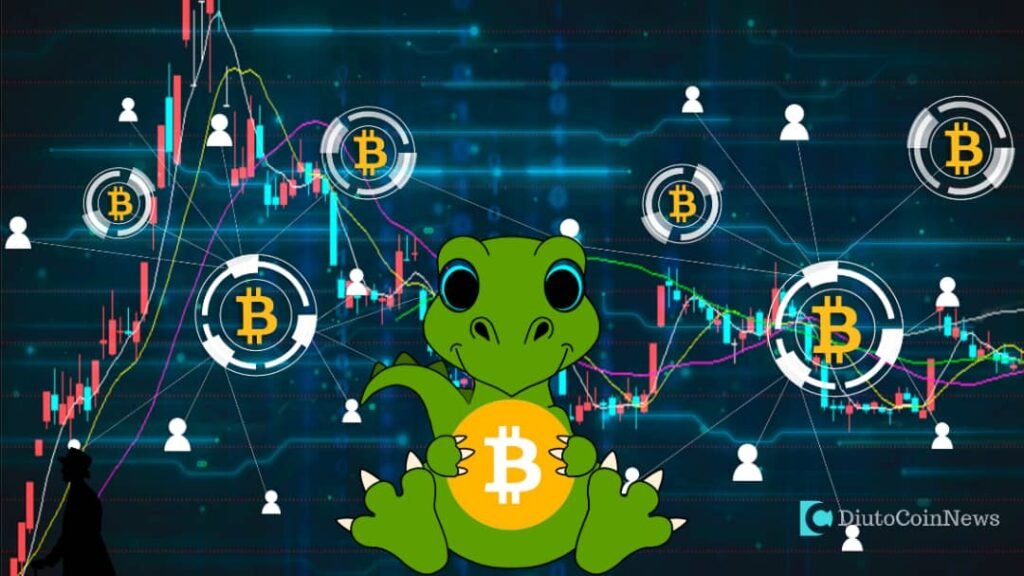Following the U.S. Federal Reserve’s monetary policy arm, the Federal Open Market Committee (FOMC) meeting yesterday 18th September.
The Fed Chair Jerome Powell announced a Fed Rate cut of 0.5% , 50 basis points. You might ask what it means and how it can affect the Naira or the crypto market.
What are interest rates, and why are they significant?
Interest rates are one of the key tools used by central banks to control how individuals spend and borrow money, as well as to manage inflation—essentially controlling the economy. Raising interest rates slows down economic activity, while lowering rates stimulates growth by making borrowing cheaper. Now that you have understood it, let’s go further.
The U.S. interest rate is currently at its highest level in 23 years, sitting between 5.25% and 5.50%. This is due to a series of rate hikes aimed at curbing inflation following the COVID-19 pandemic. Now that inflation has fallen to 2.5%, the Federal Reserve is expected to start cutting rates to encourage economic growth.
Base Points are differences in calculating majorly yield interests, bonds, inflation, Exchange-traded funds, mutual funds, etc. So, in this scenario, the Fed rate cut on federal funds rate from 5.25% to 5.5% range down to 4.75% to 5% range which is a 0.5% (50bps) rate cut.
Why are rate cuts important for the cryptocurrency market?
Cryptocurrencies like Bitcoin tend to perform better when interest rates are cut, as investors are more inclined to take risks. For this reason, cryptocurrencies are often referred to as “risk assets.” Lower interest rates make borrowing cheaper, increasing the flow of money into higher-yielding assets like crypto.
For example, Bitcoin saw a 375% increase in value during the period of near-zero interest rates from 2020 to 2022. A similar surge could occur if interest rates are reduced, especially since crypto is viewed as a hedge against inflation. A potential concern since rate cut increases spending and borrowing in the economy.
Read Also: Naira Rates: Nigeria Foreign Reserve Hits $36.87B Following the Sale of Domestic Dollar Bond
What does it mean for Nigerian Naira
US Fed rate cuts often result in a weaker U.S. dollar. This is likely to influence the upcoming decision of Nigeria’s Monetary Policy Committee (MPC), which meets next week to discuss potential rate adjustments.
The Fed lowering borrowing costs affects other short-term and longer-term interest rates, exchange rates, stock prices, etc. For the naira, a weaker dollar resulting from lower U.S. rates could help stabilize the exchange rate.
The US Fed’s move could also attract foreign portfolio investments (FPIs) back into Nigeria. In times of lower global interest rates, investors tend to seek higher returns in emerging and frontier markets like Nigeria. This could also lead to an increased demand for Nigerian crude oil, providing a further boost to foreign exchange inflows and economic growth.
Conclusion:
The Monetary Policy Rate in Nigeria is the price peg for borrowing money, which is usually set by the Central Bank of Nigeria. The MPC rate measures how expensive or cheap it is to get a loan.
A favourable borrowing interest rate can potentially help in the growth of Nigeria economy even though inflation still remains a significant contributor to the economic growth of a country.
Discover more from DiutoCoinNews
Subscribe to get the latest posts sent to your email.















